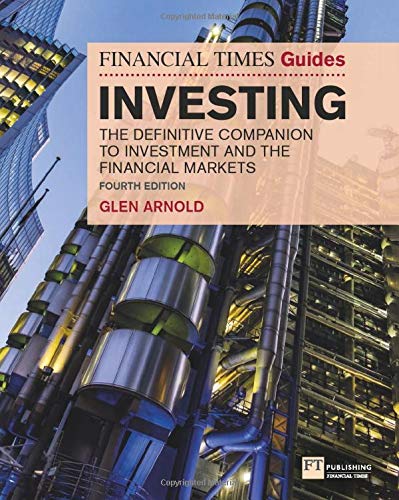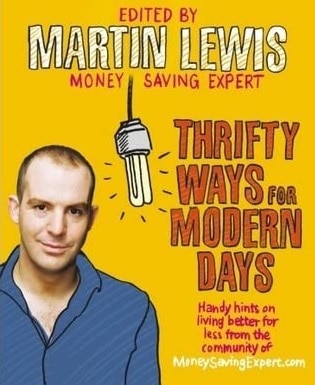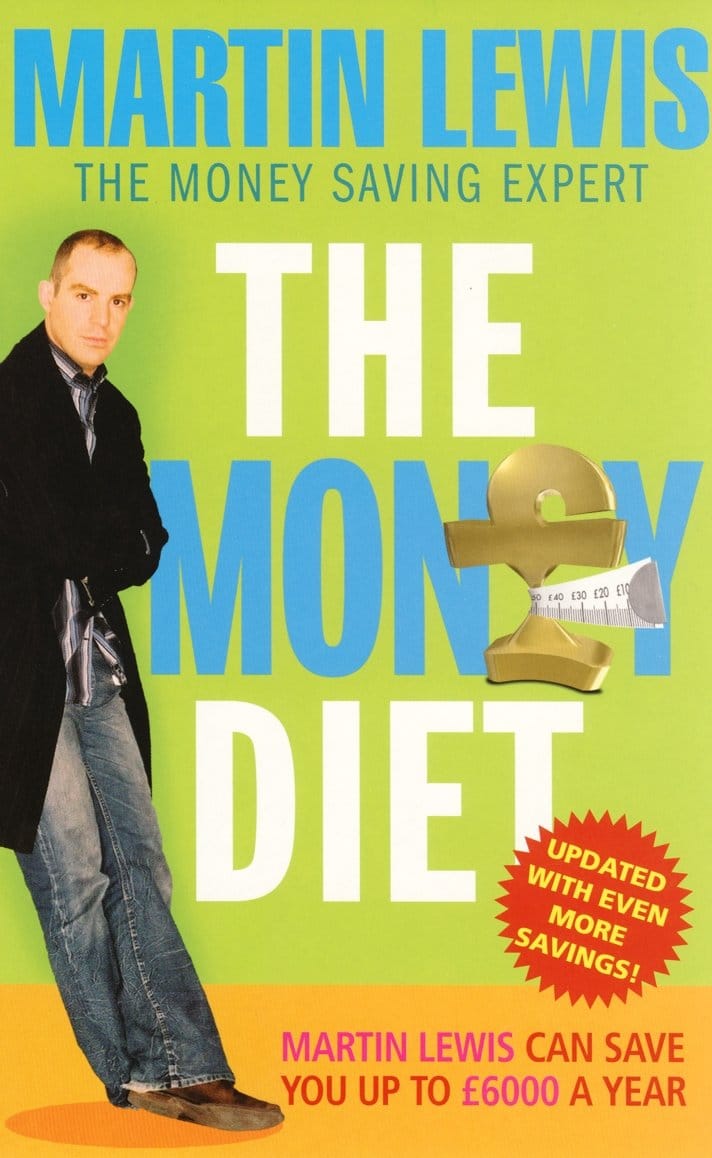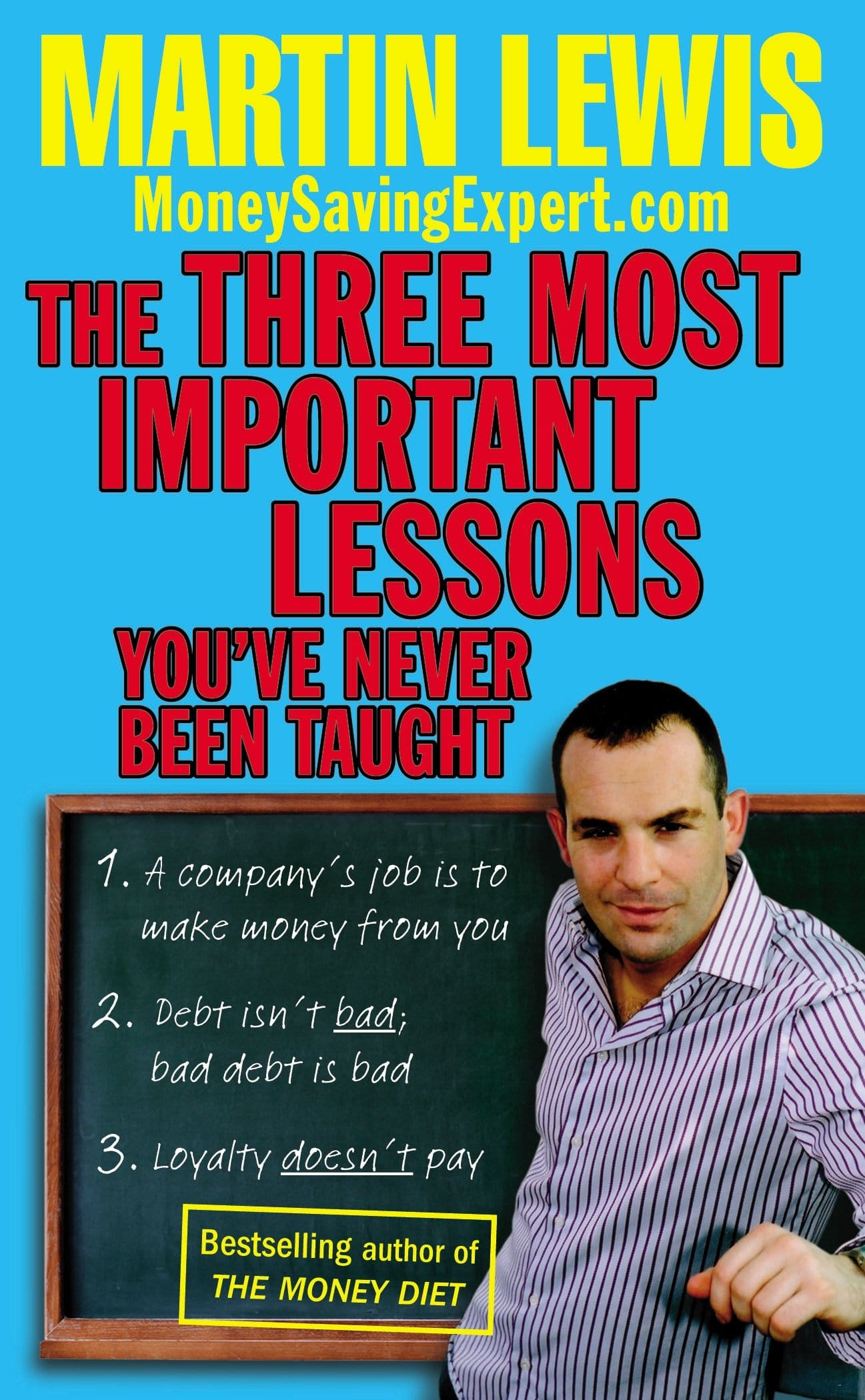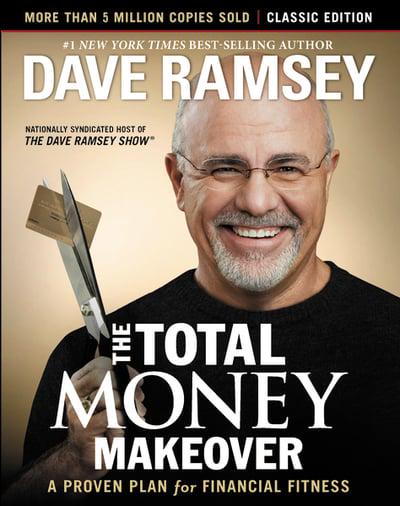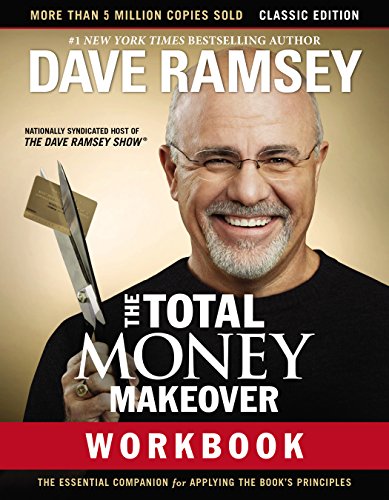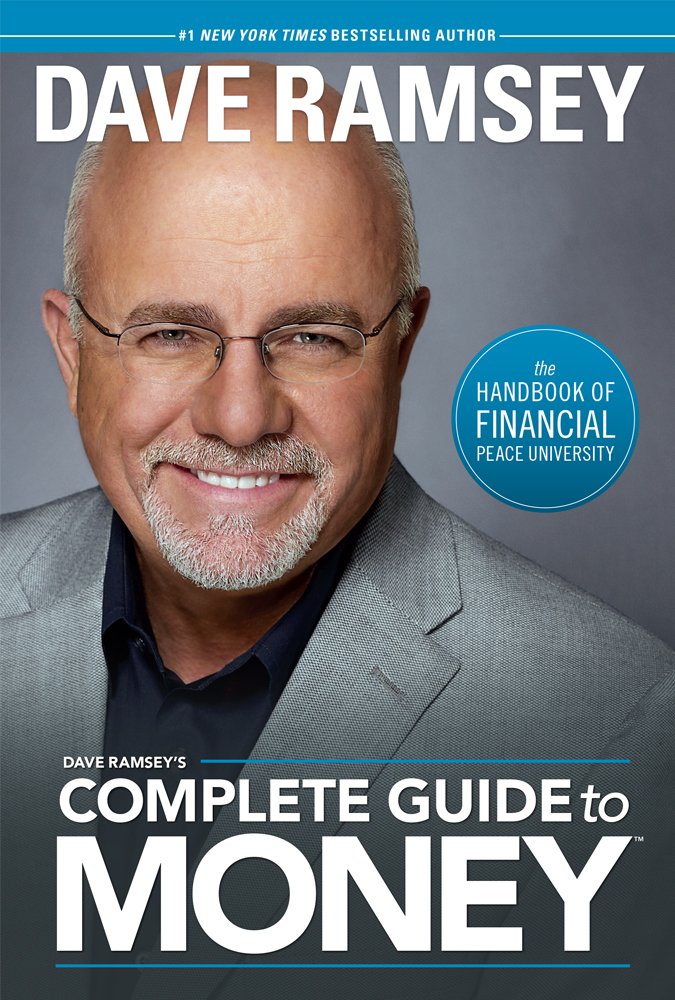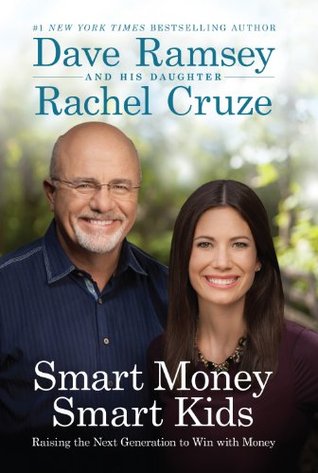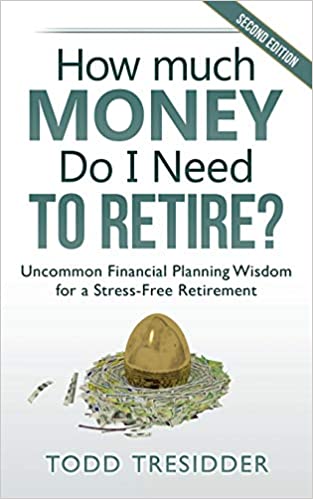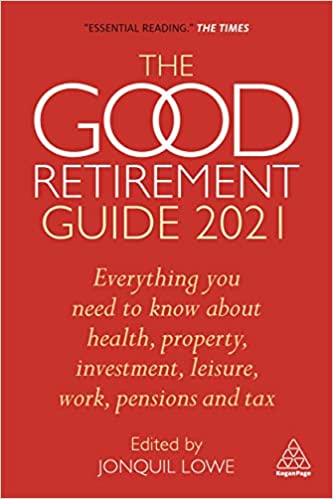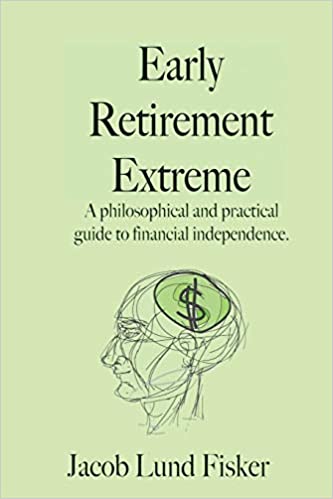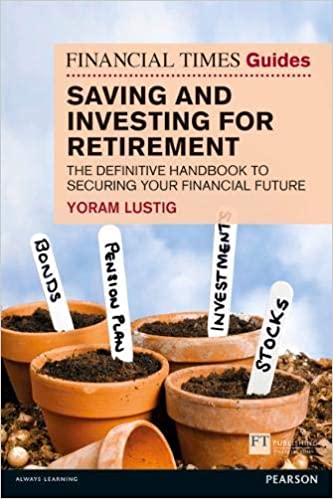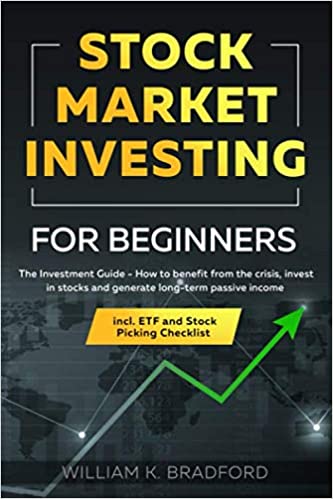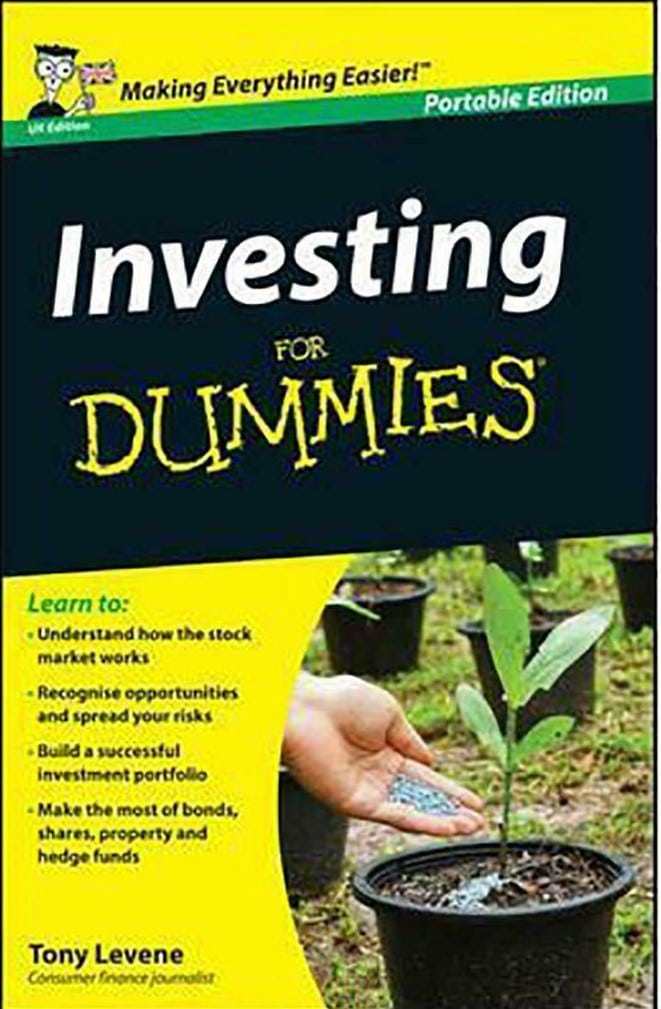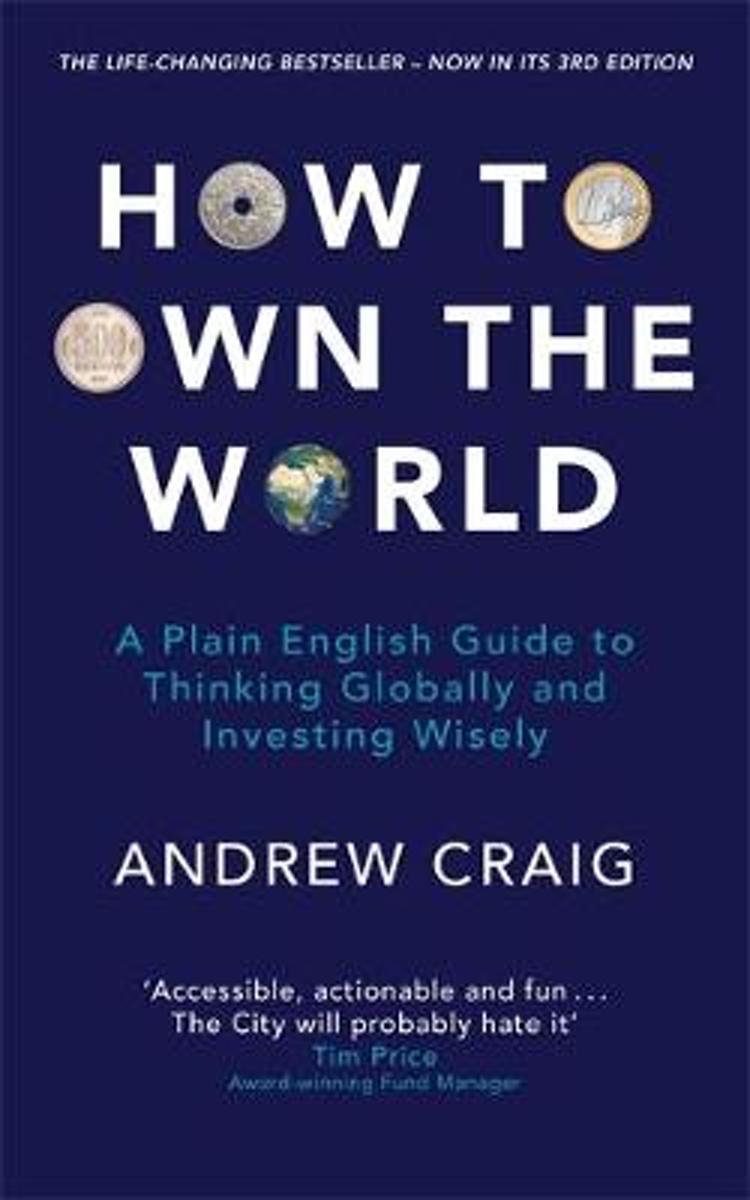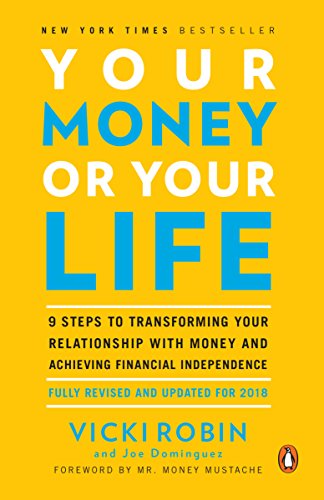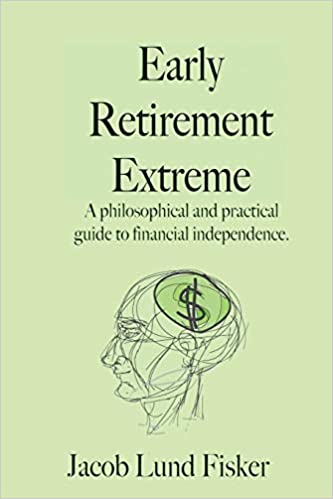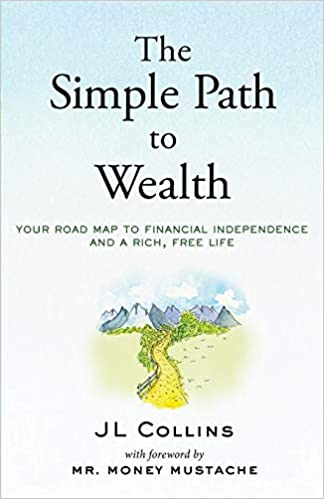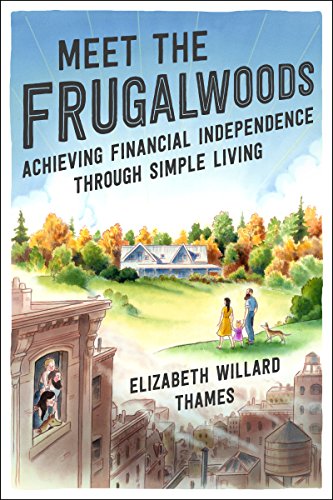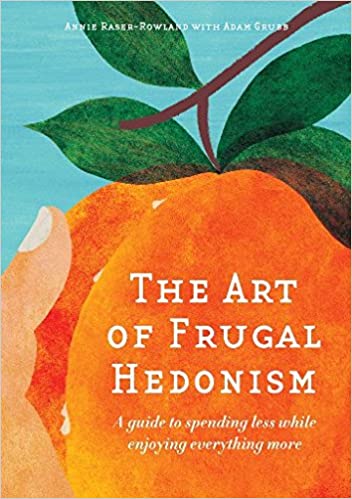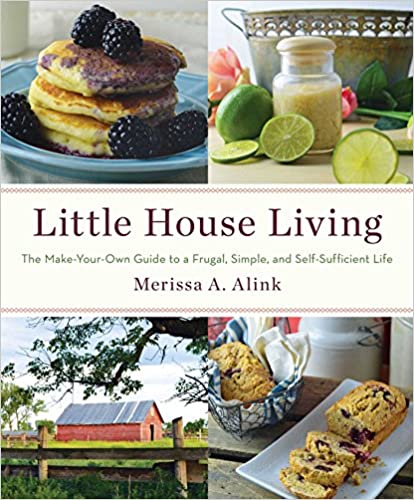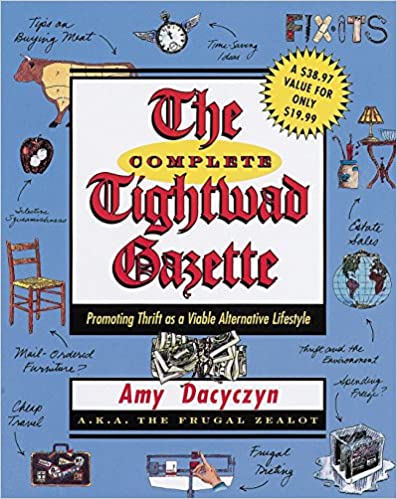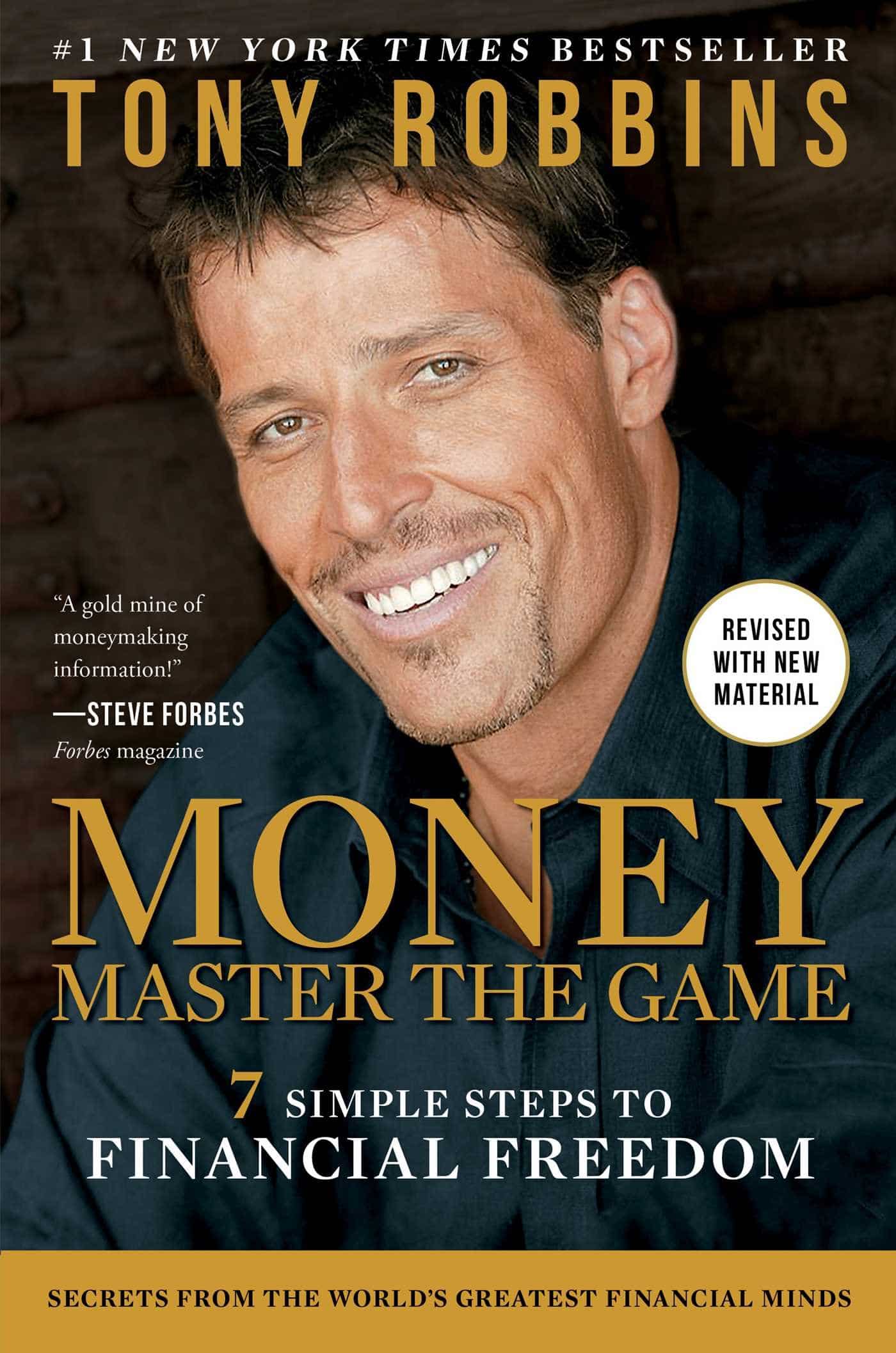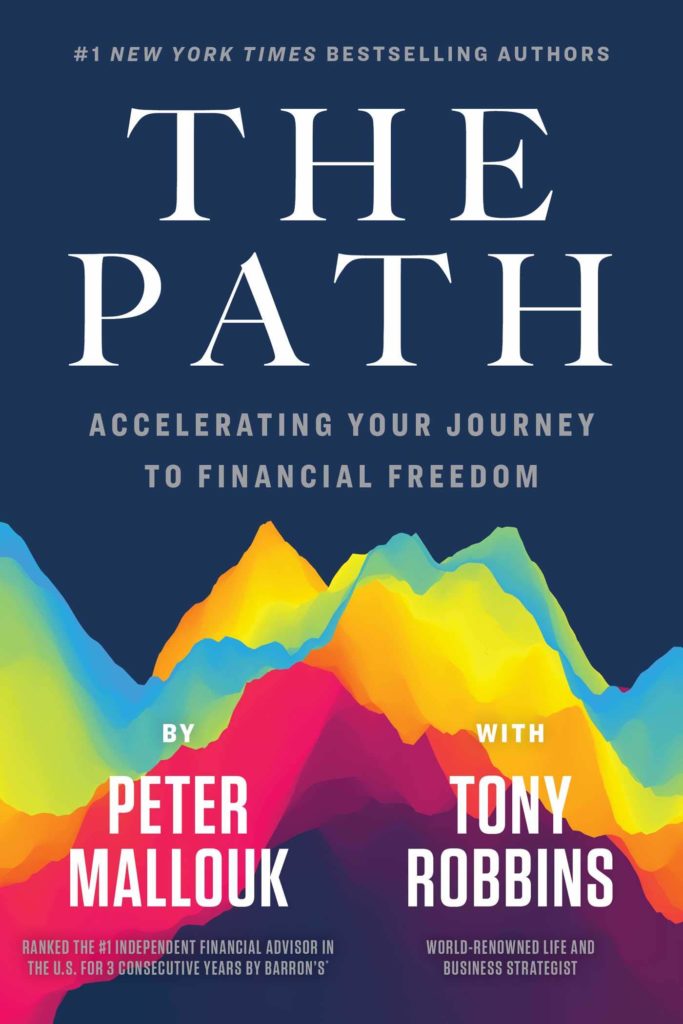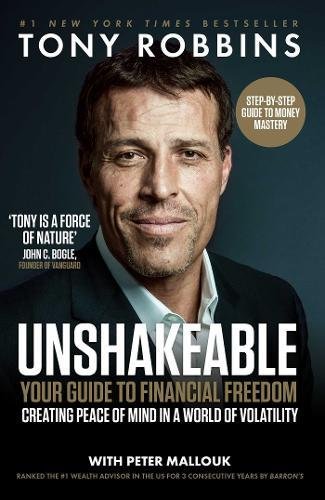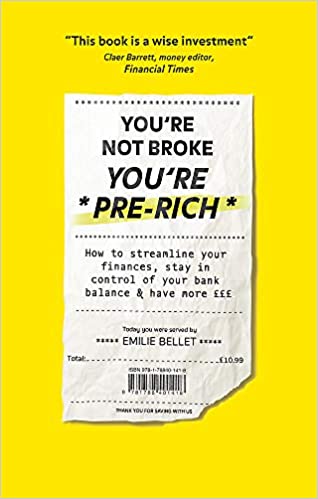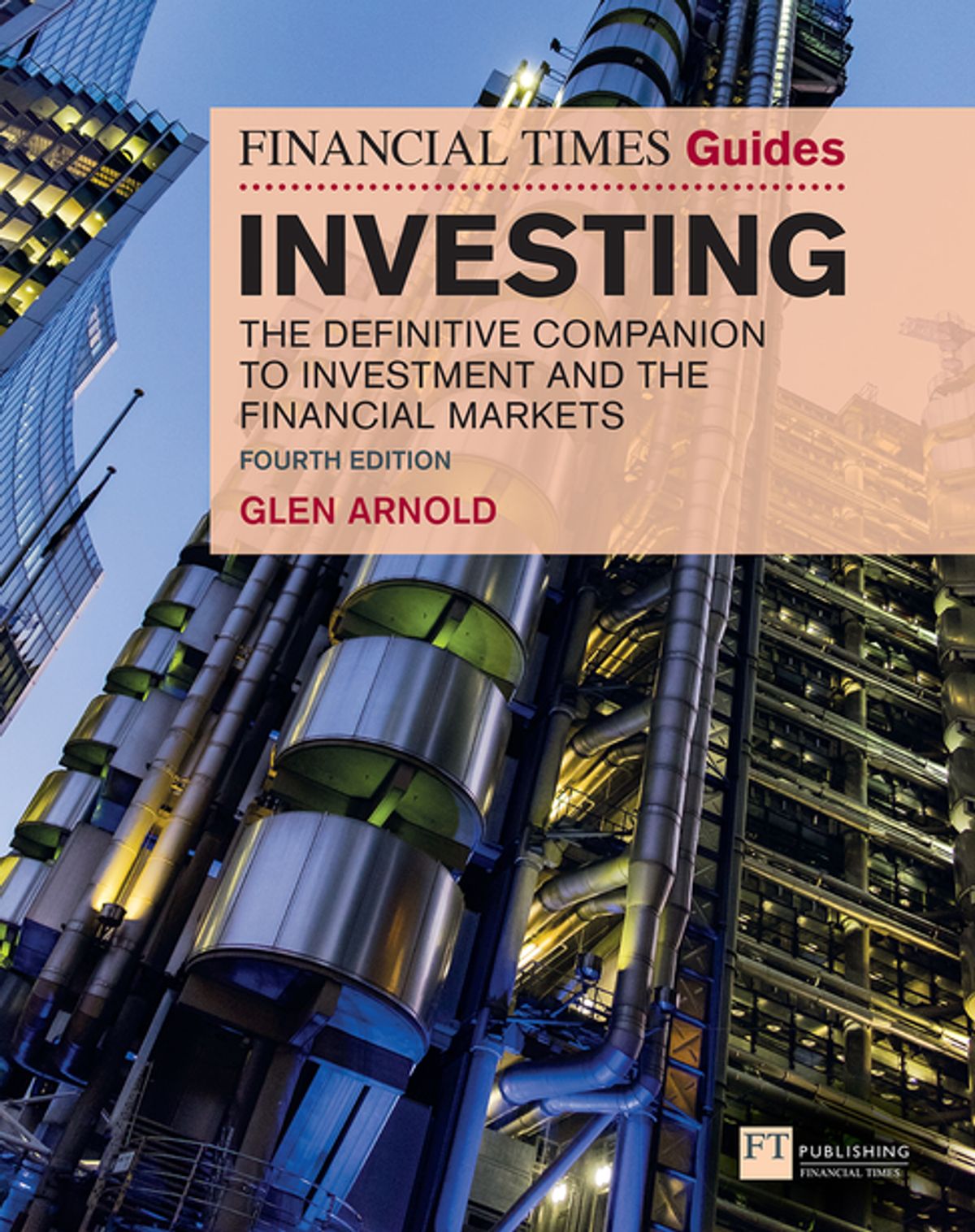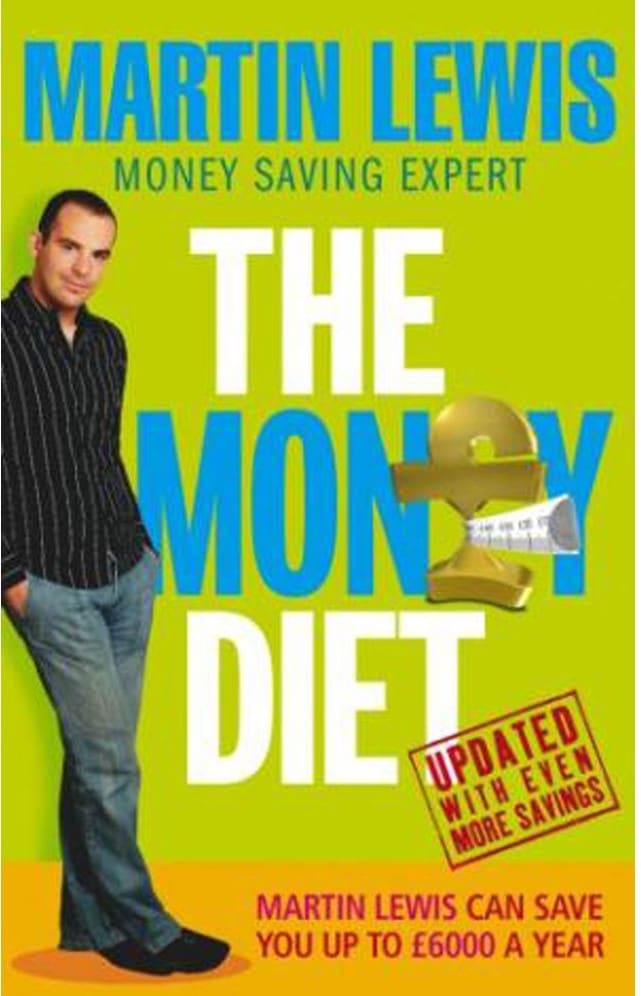Last updated: 20 December 2021.
Budgeting is the cornerstone of money management. It's the process of planning out your spending for the coming week, month or year. See our definition of budget for more about budgeting.
The best budgeting & money management books are found below
The best books about managing your money are featured below. I've also featured some beginner titles about investing, because for many savers investing feels like the natural next step once you've set aside enough savings to cover emergencies. Most of the books below can be read for free with Amazon's Kindle Unlimited free trial.
Click on any title below to see the latest price from Amazon, you'll be shocked at how affordable the most popular titles are. As an Amazon Associate, I earn a small commission rom qualifying purchases which helps to support this site. This does not impact how I compile the list. Happy reading!
Discover prime books on investing and finance
No boundaries, just your curiosity- Invest with confidence
- Finance industries
- Real estate & real assets
- Exotic investments
- The bigger picture
Books reviewed
Financial Expert 2024 Book Awards
Gold Prize
Financial Times Guides: Investing by Glen Arnold
Money management & budgeting books by Martin Lewis
Save more cash with these great books from the UK's Money Saving Expert Martin Lewis.Let Dave Ramsey help you manage your money
Become debt-free in the UK with bestselling books from America's #1 finance guru Dave Ramsey.Budgeting & managing your money for retirement
These books focus on managing wealth to maximise income in retirementSaving money to become financially independent
The best selling books in the financial independence which have already proven their worthBooks about saving money by living frugally
Guides to cutting back to upgrade your monthly savings & investmentsBooks about managing money by Tony Robbins
If you're looking for financial motivation, look no further than inspirational speaker Tony Robbins.Download all these money management books about saving money for free with Kindle Unlimited
You DON'T even need a Kindle device to download booksHere's a useful tip that will save you £100+ on budgeting books about saving money. Sign-up to Amazon's Kindle Unlimited free trial, which offers access to all titles for free for 30 days.
- There's no obligation to continue with a paid subscription.
- You don't even need a Kindle to enjoy - any device will do.
If you're cost-savvy, you'll already be calculating the savings you could unlock and the knowledge you could gain by downloading 5 books over the next 30 days.
My Top 5 Books about Budgeting & Money Management for 2022
Click covers to see latest reviews and prices1. Saving and Investing for Retirement (FT) - Yoram Lustig
Financial Expert Rating:
Synopsis:
"The Financial Times Guide to Saving and Investing for Retirement will lead you through a bewildering maze of financial tools and provide advice on crucial investment decisions. It provides everything you need to know about how to save and invest so that you can successfully plan for your retirement. It is packed with invaluable information on taxes, ISAs, pensions, investing across different assets and buying property.
The Financial Times Guide to Saving and Investing for Retirement will help you:
- Identify your financial objectives and work out how to achieve them
- Learn how to invest for a specific goal and time
- Find out about taxes and other rules that may impact your wealth
- Understand why it’s essential to be actively involved in managing your post-work income"
Who this book is for:
If you're looking to expertly manage your money through to retirement, this guide is for you.
Most budgeting & money management books cover all bases with their content, which ultimately leaves fewer pages for the issues which are more appropriate for your circumstances.
This excellent title by Yoram Lustig will help you tackle the questions you may have when saving for your retirement, such as :
- What types of investments are most suitable for long term time horizons?
- How much risk is sensible in a pension fund versus a normal savings pot?
- How should a retirement portfolio evolve as the retirement date approaches?
Financial Expert Rating:
Synopsis:
"Money: A User’s Guide cuts through all the panic of personal finances. It will teach you how to get a great credit score, how to save hundreds on bills, and offer practical advice on every difficult conversation you’ve been avoiding including:
• Housing (for renters and buyers)
• Student Loans
• Pensions
• Paying off debt
• Stocks and shares
• Ethical investments
• Money and Mental health
• Money and Love
This essential book will give you the confidence and clarity to take back control of your bank account, enabling you to thrive in all areas of your life."
This personal finance book is for:
This concise and stylish Sunday Times Bestseller caught my eye with its interesting cover, but it's the content that kept me interested.
Money: A Users Guide is an entry-level money management book designed to be the first (and potentially last) money management book you'll ever need.
Succinct chapters give the impression that this is a reference guide, rather than an essay to be read from start to finish.
Jump in and learn what you need to know to kick your personal finances into shape, then close the book. Easy!
This book would also be an excellent gift for any young adult looking to save up a deposit for a house purchase.
Financial Expert Rating:
Synopsis:
"This essential handbook will help debunk the financial jargon and break the money taboo. Packed with actionable tips and no-nonsense practical advice, You're Not Broke You're Pre-Rich will teach you how to make your savings work for you, how you could invest your money, why you need to understand your pension and why your financial health is just as important as your mental and physical health.
This indispensable manual will be your comprehensive guide to financial freedom, giving you the confidence and conviction to regain control of your bank balance and live a happier, richer life."
This personal finance book is for:
I absolutely love the tone and delivery that Emilie Bellet brings to this refreshing saving money book.
I mean the title really says it all, doesn't it? It hits you with an almost exuberant level of optimism, before you step back and realise that of course, with the right tools and tricks, we will all hopefully look back at our current situation and regard ourselves as simply being on the journey to becoming richer.
This book covers topics such as how to:
- Rent smart
- Buy a home
- Get a better salary
- Manage a credit card
- Understand your net worth / credit score
- Save more money
- Live within your budget
- Build a pension
- Invest
- Pay off your debt forever
Financial Expert Rating:
Synopsis:
"The Financial Times Guide to Investing is the definitive introduction to the art of successful stock market investing by debunking the myth that investing is only for the wealthy.
Bestselling author Glen Arnold covers the basics of what investors do and why companies need them, through to the practicalities of buying and selling shares and how to make the most from your money. Learn how to understand different types of investment vehicles, pick the right companies and understand their accounts so you can compile and manage a sophisticated portfolio.
The fourth edition of this investing classic has been thoroughly updated and will give you everything you need to choose your shares with skill and confidence."
This personal finance book is for:
I couldn't resist including my top pick from my best investing book guide.
A comprehensive guide for those who are serious about immersing themselves in the financial markets.
If you're new to investing, I personally recommend this book as the best resource for understanding:
- How the stock market works
- How companies report their results
- How shareholders fit in to this picture
Most investing books for beginners will focus on the experience of the individual; what do you need to buy, where do you buy it, and how long do you hold it for.
This title flips the equation by also revealing the inner workings of the investments themselves. This knowledge will help empower you. As a confidence booster, you can't do better than to fully grasp the technicalities of shares themselves.
Financial Expert Rating:
Synopsis:
"What we all need is detailed, no-nonsense Money Saving advice about organising credit cards, finding the cheapest deals for utilities, getting the best mortgage deals and how to haggle with every shopkeeper - in other words, how to make sure we're not wasting money.
Now with 100 extra Money Saving pages, in this edition of the bestselling The Money Diet, Martin Lewis shows you how to be canny with your finances, and provides clear-cut advice on how to pay bills, ways to cut spending, which banks to use and how to choose the best deals on an even greater range of products."
This personal finance book is for:
As I highlight in my guide on how to Retire at 50, the amount of wealth you can accumulate will be capped by your ability to cut back on spending.
This is why I've included this excellent title from legendary money-saver Martin Lewis in this money management books list.
This book serves as an excellent companion to the rest of the titles above. Most of all, it will help you increase the sums of money that you have available to invest in the first place!
Martin Lewis found widespread fame in the UK by founding MoneySavingExpert.com. A site which stood up to the unscrupulous practices of banks and lenders, help find savers great deals, and encouraged us all to get more for our money.
The Financial Expert™ Best Budgeting & Money Management Book Challenge

I challenge you to read one money management book per month and see if it revolutionises your investing style!
The Financial Expert™ Best Budgeting & Money Management Book Challenge is a well-loved feature of this website.
Do you ever set yourself grand financial goals, only to find yourself coming up short?
Do you tend to experience disappointment when checking your bank account balance at the end of the month?
Does real life have a way of 'getting in the way' of you executing your perfect spend month?
If you've answered 'yes' to any of these questions, then I suggest that you consider sharpening up your budgeting and money management skills.
Money management isn't on the national curriculum
Unless you count a 30 minute class which slots somewhere in the secondary school curriculum, budgeting and money management is not a subject which is widely taught in schools.
Like many other life skills, such as gardening, DIY and assembling IKEA furniture, money management is a skill which we're left alone to attain.
Some of us are blessed with financially savvy friends or parents, who can instil many good habits in us by close association. For the less fortunate, it works the other way around.
Bad financial habits lead to less savings and even debt, which puts additional pressure on financial decisions. When debts become a large enough source of worry, it becomes natural to 'switch-off' from the issue altogether and avoid thinking about money management at all.
This protects us from dark thoughts in the short term, but does nothing to fix the underlying issue of money management.
It's time to be pro-active - whatever your situation
Having identified that we begin life with an anaemic level of financial knowledge, we owe it to ourselves to brush up on budgeting and other money management skills.
If we can exercise enough control over our financial affairs, many perks become available:
1) We can maximise our after-tax income by planning ahead to pay less tax (see also: the best tax-saving books).
2) We can maximise the spending power of our income by investing it, generating a return above inflation, so that we can buy even more in the future
2) We can afford to benefit from economies of scale, and avoid false economies - such as being trapped into buying cheaper products which actually deliver less value per use or per day than a more expensive product.
This is why I created the Best Budgeting & Money Management Book challenge. Here it is:
I challenge you to read one money management book per month for the next year, and find your new favourite!
It's the natural solution. Build your own curriculum. Teach yourself the principles, expert advice and savvy tricks that great money managers already use.
Some guidance
- I found it helpful to stock up on books for the next few months, so that when a new month rolls around, my next book was my bedside table asking to be opened!
- Pick a variety of styles. This will keep the challenge fresh and increase the diversity of opinion.
- Pick at least one book that you don't think you would enjoy, this book might be the one that surprises you the most!
- If you're time-starved, audiobooks are absolutely fine!
Where to begin?
My list of the best Budgeting & Money Management Books above is as good as any place to start, as I have consciously included a mix of different writing and investing styles to ensure that it caters to a wide audience.
Good luck!
Budgeting gives a chance to reflect on your priorities
"Don't tell me what you value, show me your budget, and I'll tell you what you value."
Money, like time, is one of the finite resources which we cannot afford to squander over our lifetime.
In our old age, wouldn't it be interesting to see how we actually spent our money over the years.
An illustrative lifetime budget:
- £336,400 spent on mortgage payments.
- £145,204.09 spent on vehicles
- £18,224.30 spent on coffee
My question of you is: What would you lifetime spend look like?
What kind of a picture would it paint about you as a person, and your priorities in life?
Do you think that, looking at the figures alone, someone would be able to paint a good picture of what is important to you?
Or would they be thrown off course by spending patterns which don't really match up to your real priorities?
It is so easy to imagine that someone who 'doesn't care much about cars' could actually spend more on vehicles than almost anything else (second only to the mortgage).
Likewise, I could visualise someone spending £40,000 on gambling (£15 per week) who wouldn't feel like they really got anything worthwhile in return for spending such a huge sum of money.
Creating a budget is your chance to take an honest look at what you actually spend. Not what you think you spend, or ought to spend, but what really does leave your bank account.
This assessment may deliver some embarrassing truths. Perhaps you have let spending on a few sins or frivolous activities accumulate to a silly level. But the only way to address such spending is to first acknowledge that it's happening, before you can resolve to make a change.
This is your chance to be someone who chooses to save £15 extra per month, which will allow them to retire 2 years early, rather than spending the same on lottery tickets which only give a 1/10,000 chance of retiring early over a lifetime.
About budgeting books
Budgeting often sounds like a complicated process requiring multiple spreadsheets and lots of administration. In reality, a budget is just a plan, and it can be as simple or as complicated as you like.
A financial budget doesn't have to be complete, and it doesn't have to detail out every single purchase. For many people, that level of detail simply isn't helpful. A simple rule of thumb when managing your money is: only put effort into your budgeting if you're going to see a reward for that additional effort.
Simplicity is just fine, because the objective of a budget is to:
a) Create some structure - our behaviour is often totally different when we exist in a world without rules and constraints. By merely thinking about a budget, we begin to link our spending with its impact on our long term finances, and this can help develop restraint.
b) Allow for monitoring of your spending, encouraging you to make cut backs if you have overspent
c) Provide you with a visual summary of your overall spending patterns. Until a budget is created, people can spend a larger proportion of their income on low value or unimportant products or services because they didn't realise how much they added up.
Why budgeting is worth the effort
Budgeting should take a maximum of an hour each month. I give myself no more time than this to check that I'm on track with my spending, set a savings target for my month ahead, and pick some targets for key spending pots.
I focus on spending which is discretionary and within my control. This includes eating out / takeaways, grocery bills, entertainment, clothes & fashion, charity & gifts, homeware and subscriptions.
When actively following a budget, it feels like I have an extra buddy on my shoulder helping me to make decisions over whether I really need something, or whether I merely want something. It helps me to be more frugal. When I make the hard choice to delay or abstain from spending, I can hear that buddy cheering and celebrating the extra savings I will have. Saying no doesn't feel like deprivation, because I can visualise the upside of that additional money very clearly.
This changes my behaviour dramatically compared to a month where I am not actively following a budget. It's easy to see the difference. When following a budget, I personally spend 20% less on discretionary spending, which means I can save about 33% more. That 33% difference could make a huge difference to when I can achieve my life goals.
Books about money management help build the right habits for long term success
So far, I've focused on budgeting as the key tool to save money and build wealth. But it's only one of many techniques and tricks we can use to build up our savings.
Books about money management can help you add different ideas and tools to your toolbox, so that you're able to try lots of initiatives at once. Not every money management tip will immediately lead to results, and some may not be relevant for your personal situation. But by being selective and reading only the best budgeting & money management books, you can stack the deck in your favour.
Explore the best books in more genres
General personal finance
Trading the financial markets



